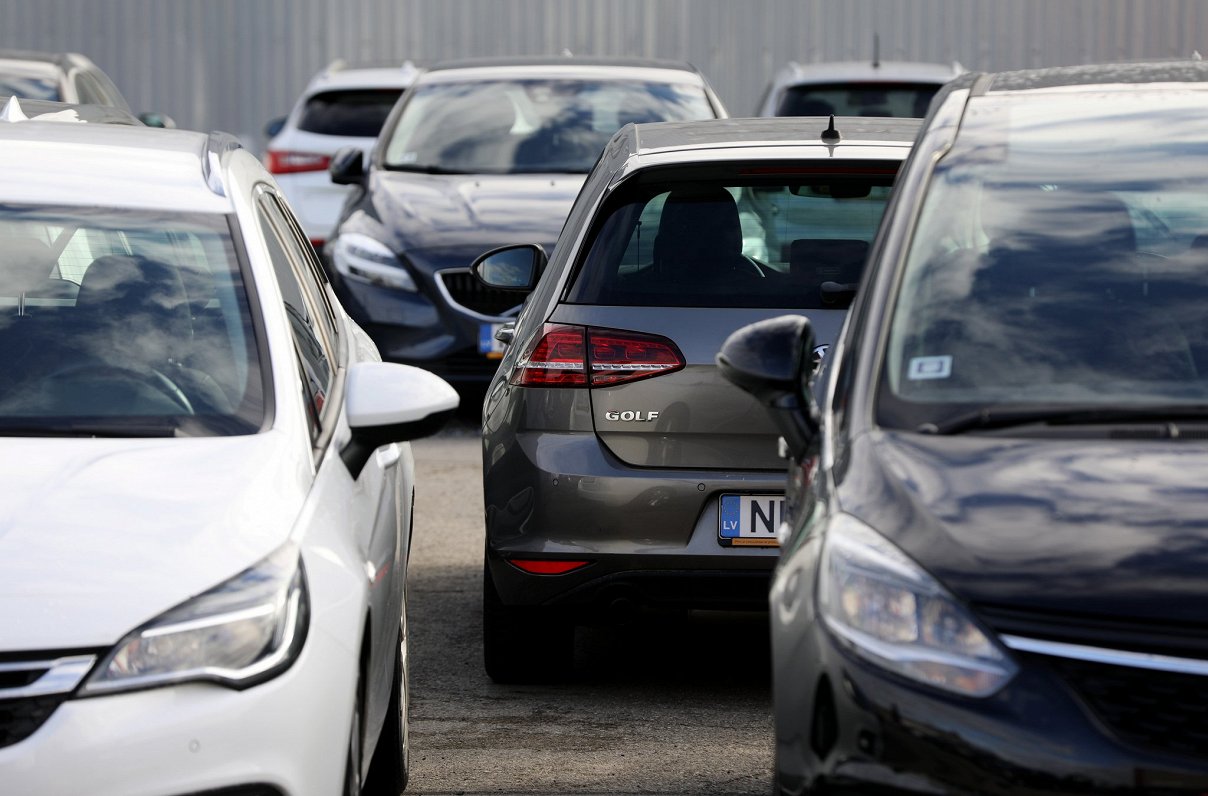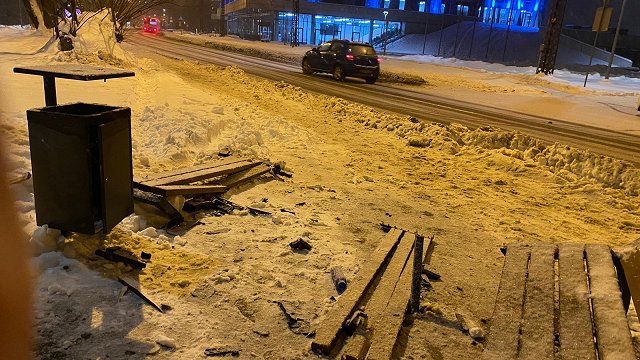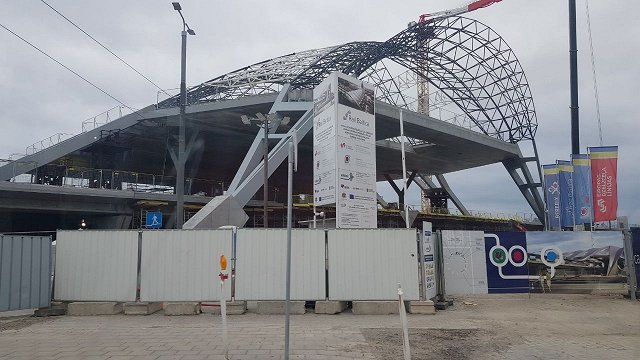Although the new car market grew by 10% last year, people were less likely to use leasing to buy a car, preferring to take out a consumer loan at a fixed rate or to use their savings to buy a car.
The fact that the increase in Euribor has had a significant impact on the car market was acknowledged by Andris Kulbergs (United List), President of the Auto Association and Member of the Saeima. He said that, for example, people with mortgages could no longer afford car loans because of the rising rates.
"The expensive Euribor has also reduced the purchase of electric cars, because by definition electric cars are expensive, so any significant reduction in Euribor will boost sales. But this fall, I think, has only stopped that negative downturn. A car is [..] one of the first to fall when there are fluctuations and one of the last to recover when times are good. That is why the issue of financing is the number one issue on the market at the moment. Banks are relatively limited, there is not much competition between banks, and the fight for the customer is far from what it used to be."
Raivo Bāle, Head of Leasing at Luminor, said that the high Euribor rate has reduced the popularity of leasing, which used to account for as much as 60% of borrowing but has fallen below 55% in the last year.
"Individuals are opting for either credit as a means to purchase a car, where the rate is mostly fixed and the size of the rate is typically ranging from a low of 7.8% and upwards. The advantage offered by credit is that this rate is fixed, whereas for leasing it can change from one payment period to the next [..] and if the Euribor goes up, the monthly payment goes up," said Bāle.
He pointed out that the car industry is a time-lag mirror of the economy and this year started with a drop in demand.
"Compared to last year, which admittedly was a record year, this year has seen a drop in new car registrations of around 7%, while leasing transactions for new cars have fallen by as much as 10%. Because the moment a customer decides to buy a car, especially if it is new, it is ordered and delivered within 3 to 6 months. So we will certainly see the decisions taken today to reduce Euribor more clearly after a while. Probably more towards the end of the year, given that the forecast is that Euribor will go from its usual level of 4% at the end of last year to 3%, which is quite a tangible impact on monthly credit payments," said Bāle.
According to the Central Statistical Bureau, at the beginning of the year, there were just over 702,000 cars registered in Latvia. Almost 598,000 cars were more than 10 years old, while 34,656 of the cars registered at the beginning of the year were less than two years old.





























